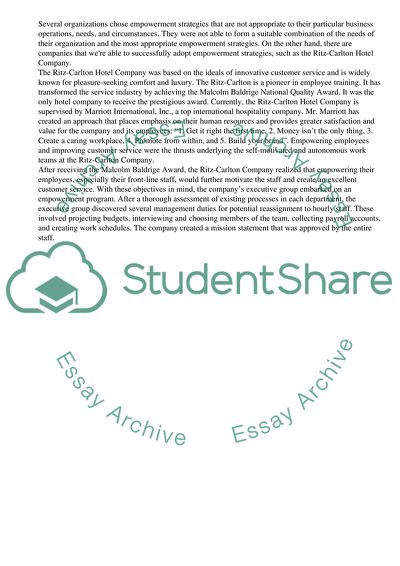Cite this document
(The Twenty Basic Principles for Ritz-Carlton's Employees Case Study - 1, n.d.)
The Twenty Basic Principles for Ritz-Carlton's Employees Case Study - 1. Retrieved from https://studentshare.org/management/1612620-organization-and-management
The Twenty Basic Principles for Ritz-Carlton's Employees Case Study - 1. Retrieved from https://studentshare.org/management/1612620-organization-and-management
(The Twenty Basic Principles for Ritz-Carlton'S Employees Case Study - 1)
The Twenty Basic Principles for Ritz-Carlton'S Employees Case Study - 1. https://studentshare.org/management/1612620-organization-and-management.
The Twenty Basic Principles for Ritz-Carlton'S Employees Case Study - 1. https://studentshare.org/management/1612620-organization-and-management.
“The Twenty Basic Principles for Ritz-Carlton'S Employees Case Study - 1”, n.d. https://studentshare.org/management/1612620-organization-and-management.


